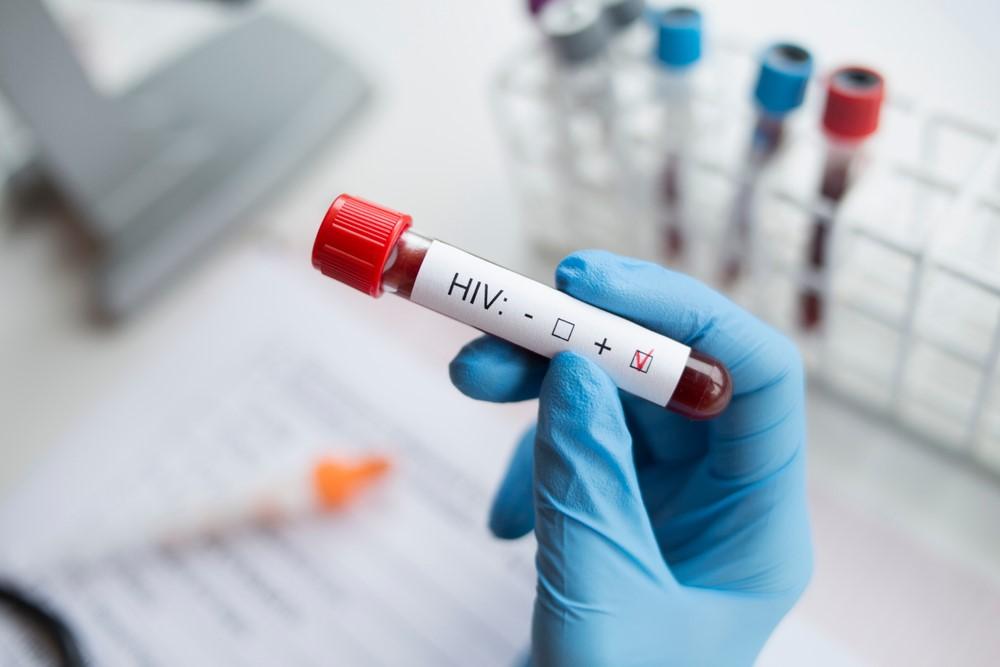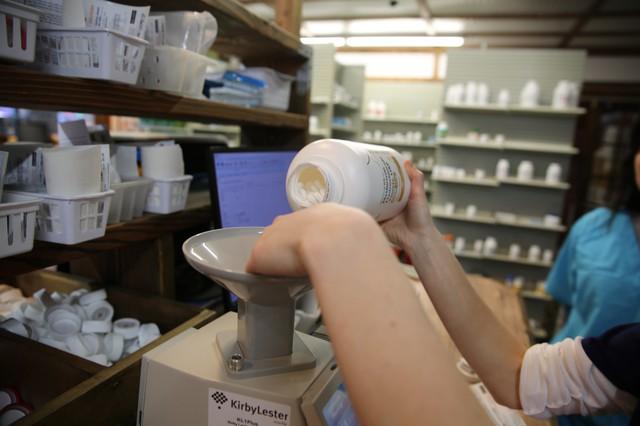Image

FREESTOCKS/UNSPLASH
Image

The Oregon State Capitol building in Salem.
|
BEN BOTKIN/THE LUND REPORT
Image

SHUTTERSTOCK
Image

KRISTIAN FODEN-VENCIL/OPB
Image

Image

Oregon State Capitol in Salem.
|
ROBERT AUGHENBAUGH